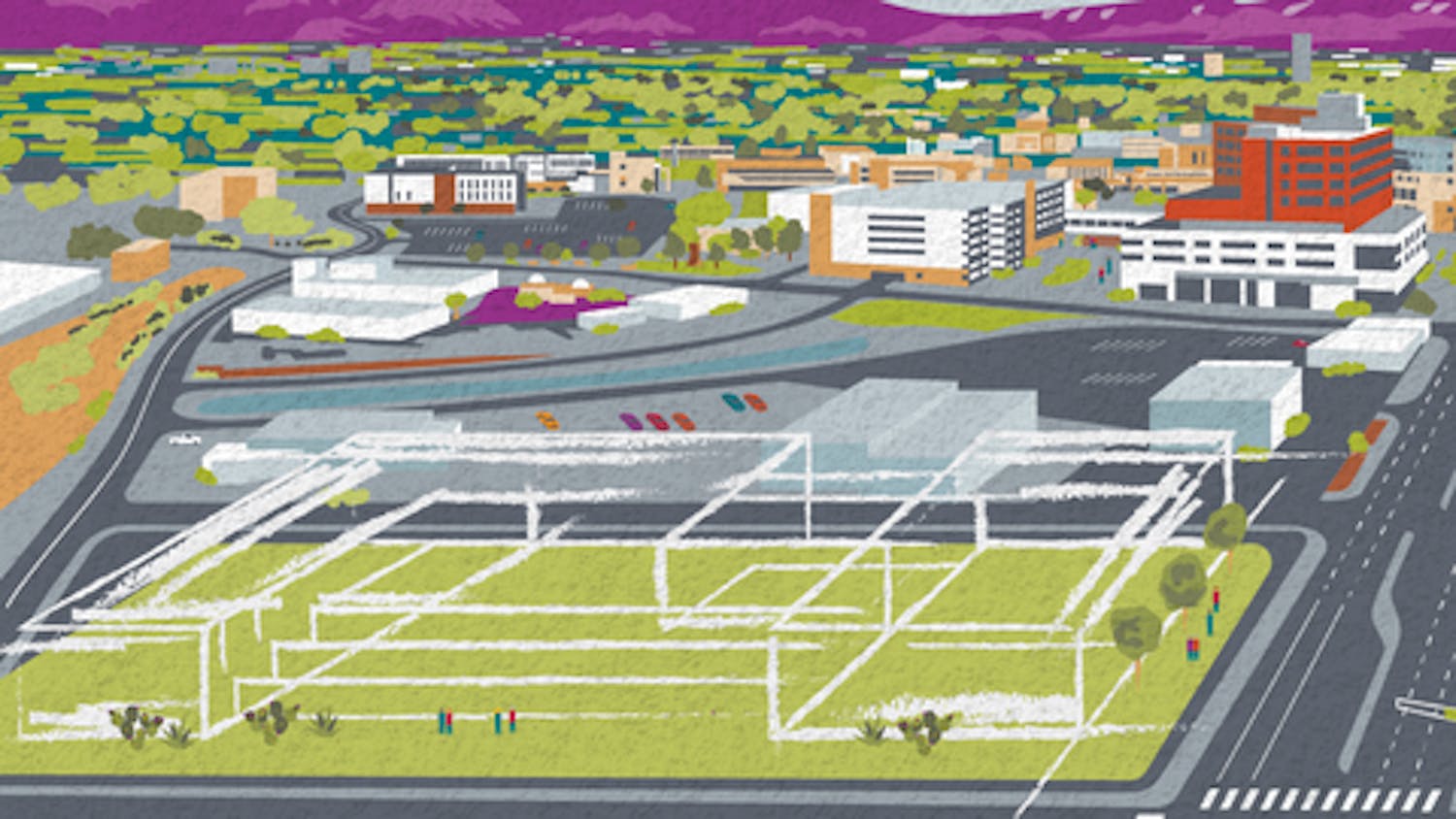SAN FRANCISCO - A moratorium on student visas would not stop terrorism and would hurt the United States, said University of California-Berkeley student protesters Tuesday outside U.S. Sen. Dianne Feinstein's office.
Holding signs that read "We are all immigrants" and chanting "Dianne Feinstein, we say no! The racist bill has got to go!" about 30 protesters with the Berkeley Stop the War Coalition rallied a crowd of more than 100 at the corner of Post and Montgomery streets.
Following the Sept. 11 attacks on the World Trade Center and the Pentagon, the Democratic senator proposed legislation for a six-month moratorium on student visas until the Immigration and Naturalization Service revamps the program. At least one of the suspected terrorists entered the country on a student visa to attend a language program in Oakland.
Feinstein has proposed spending $32.2 million on more thorough background checks of student visa applicants and the system that tracks them once they enter the United States.
Just hours before the protest began, Feinstein met in Washington, D.C., with representatives from California State University and other educational institutions to explain her proposal in more detail.
"What she is saying is that our borders have become like a sieve - people are abusing the visa process," said Howard Gantman, Feinstein's director of communications. "Right now, the system at the INS is so broken."
Get content from The Daily Lobo delivered to your inbox
The Berkeley Stop the War Coalition opposes any military response to the terrorist attacks, which the U.S. government suspects were the work of Osama bin Laden, a Saudi living in Afghanistan. The coalition also opposes any racist backlash against Middle Easterners or Muslims, which is how it views Feinstein's proposal.
"She's using the terrible tragedies of Sept. 11 to introduce a terribly xenophobic attack on civil liberties and immigrant rights," said coalition spokesman and UC graduate student Hoang Phan. "She's exploiting that tragedy."
Hani Hanjour, one of the men authorities think piloted a plane into the Pentagon, had a student visa to study English at a Berlitz ELS Language Center at Holy Names College in Oakland for fall 2000. The Saudi never arrived.
In the 2000 fiscal year, 284,053 people entered the country on student visas, a fraction of the more than 3.5 million who entered on temporary visas for business or pleasure.
That gives Krista Boscoe hope that Feinstein's proposal will not become law. Boscoe, academic director of Aspect International Language Academy in San Francisco, did not know about the protest but went to Feinstein's office at roughly the same time with letters decrying the proposed legislation.
Banning student visas is not going to stop people from visiting the United States, Boscoe said. She understands Feinstein's desire to act, but considers the proposal misguided.
"By punishing international students you're creating a strong sense of isolationism," she said.
This is not the first time lawmakers have considered revamping the student visa program. In 1996, Congress passed a law to collect data on international students after officials learned that a terrorist in the 1993 World Trade Center bombing held an expired student visa. But the system was never implemented.
Since the attacks, some international students have faced heightened scrutiny. Federal agencies have contacted nine of the 23 CSU campuses to request information on one or more students. The U.S. Air Force Office of Special Investigations requested a list of the 736 international students enrolled at Fresno State University. Of the 380,000 students at CSU, roughly 15,000 are on visas.





